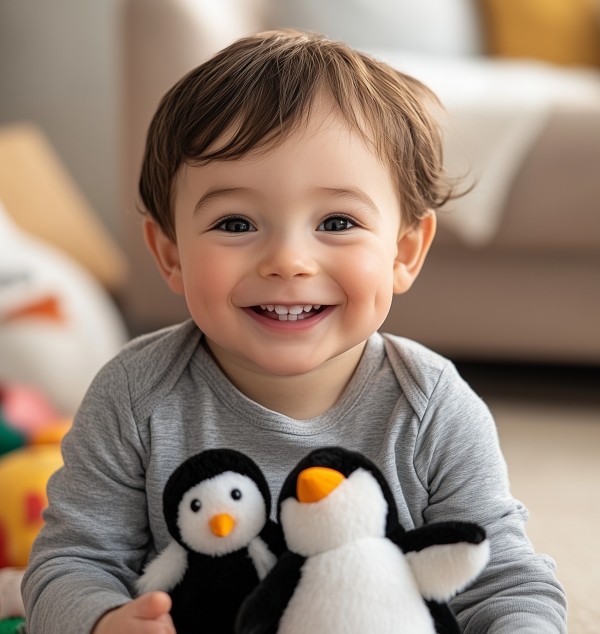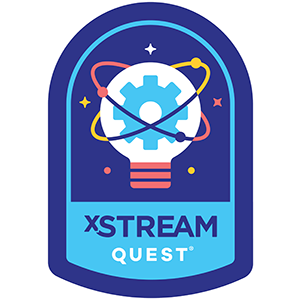Introducing Children's Lighthouse's Character Value Friend™ of January,Penny the Penguin. In Antarctica's chilly, icy world, there's a special place where all kinds of penguins live together in harmony. At the heart of this community is Penny the Penguin, a playful and curious little bird who loves to explore her snowy home. Penny may look a little different from some of her penguin friends, but that's what makes her unique—and that's what makes her community so special!

Providing children with a diverse learning environment and learning experiences is important at Children's Lighthouse Early Learning Schools. We strongly feel that children feel more accepted when they see images and items that reflect themselves and their family's culture. We also know that children are more accepting of things that they are unfamiliar with when they are introduced to them in a spirit of wonder and curiosity. Our goal at Children'sLighthouse is to expose children to diverse learning experiences through our proprietary curriculums and specially designed learning environment so that they will embrace diversity in a positive manner.
Penny lives in a diverse environment. Antarctica is home to many types of penguins. Some have bright orange beaks, others have black-and-white feathers with unique patterns, and a few even have fluffy little feathers on their heads. They come in all shapes and sizes! Penny, with her soft, round belly and distinctive gray feathers, might not look like every penguin in the flock, but she knows something important: even though they look different, they all have one thing in common—they are penguins, and they share the same home.
Just like Penny and her friends, people around the world come in all different shapes, sizes, and colors. Some might look different from you, just like Penny might look different from other penguins. But that's what makes the world and Antarctica so wonderful. There are Emperor Penguins, with their towering stature and regal feathers, and Adélie Penguins, small and speedy, who zip across the ice. Even though they all look different, each penguin knows that everyone is valuable, just as they are. Some penguins might be better at sliding on the ice, while others are better at swimming, but that's okay.Everyone has unique talents and qualities that make them who they are.
So, next time you meet someone who looks different from you, remember Penny the Penguin and her friends. Whether they are tall or short, have black or white feathers, or come from different places, they all deserve kindness, respect, and acceptance. We can all live together in harmony, just like Penny and her penguin pals in Antarctica. After all, embracing our differences makes the world a much brighter and happier place for everyone!
Exposing children to diversity is essential. So often, children base their opinions on what they see in the world and how adults respond. Yes, children will take on the biases of adults in their lives! For example, if a mother is afraid of spiders and runs when she sees one, her child will probably grow up to fear spiders, too. This extends to biases toward other things, such as people, places, and food. Instead of passing on our adult biases to children, we should take the following steps when facing someone or something that we do not like:
People
Reflect on why you do not like him/her/them.
Ask yourself "why" you do not likehim/her/them?
Consider how you are the same.
Consider what you can learn from them.
Learn more about this person or people group tobetter understand him/her or them.
How are you the same?
How are you different?
Accept differences as something different, not"bad."
Things
Reflect on why you do not like it.
Consider what roles that object plays in theworld, such as…
It provides nutrition and helps make a part ofour body strong.
Milk – makes our bones strong
Broccoli – has vitamin A and is good for oureyes
It is part of a healthy bio-system.
Spiders - eat bugs that damage plants
Bees - pollinate flowers and give us honey
Worms – create compost and aerate the soil
Learn more about this thing to better understand it.
Accept that people like some things more than others, but that doesn't make them "bad."
We can all learn lessons from penguins. Diversity is a strength, andkindness is the key to bringing us all together!



